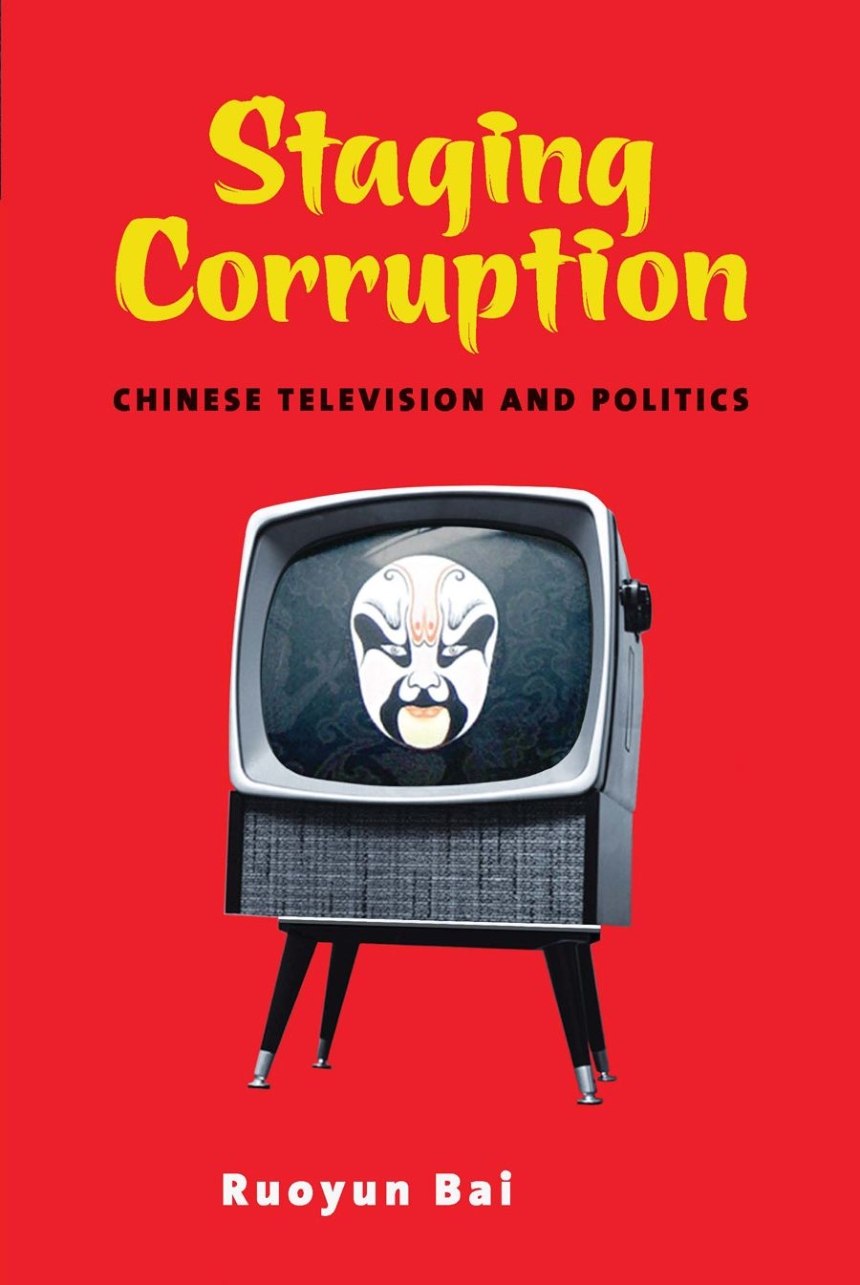9780774826310
Distributed for University of British Columbia Press
Staging Corruption
Chinese Television and Politics
In late 1995, the drama Heaven Above (Cangtian zaishang) debuted on Chinese TV. Featuring a villainous high-ranking government official, it was the first in a series of wildly popular corruption dramas that riveted the nation. Staging Corruption looks at the rise, fall, and reincarnation of corruption dramas and the ways in which they express the collective dreams and nightmares of China in the market-reform era. It also considers how these dramas – as products of the interplay between television stations, production companies, media regulation, and political censorship – unveil complicated relationships between power, media, and society. This book is essential reading for those following China’s ongoing struggles with the highly volatile socio-political issue of corruption.
Table of Contents
Introduction
1 Chinese Television Dramas: An Overview
2 Corruption Dramas as a Mediated Space: CCTV, Intellectuals, and the Market
3 Censorship, Governance Crisis, and Moral Regulation
4 Anti-Corruption Melodrama and Competing Discourses
5 Cynicism as a Dominant Way of Seeing
6 Speaking of the “Desirable” Corrupt Official: A Case Study
Conclusion
Appendix: Selected Corruption Drama Titles; Notes; Bibliography; Index

